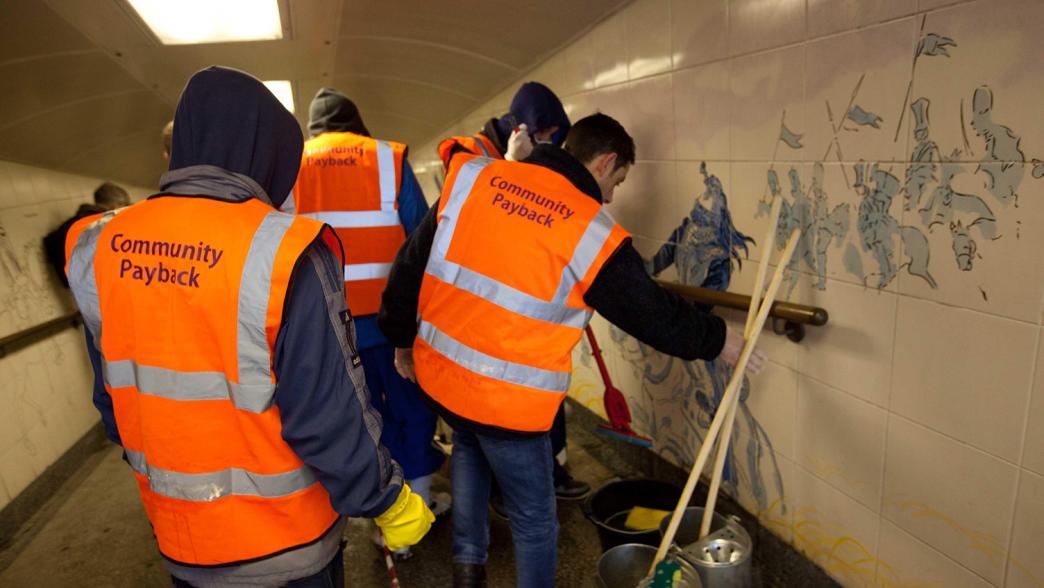Ending the outsourcing of probation is the right decision
Transferring services back to the public sector is the right decision, though it should not be attempted overnight.

The government has used coronavirus to justify ending the outsourcing of probation services – but the scheme has been failing for years. Transferring services back to the public sector is the right decision, though it should not be attempted overnight, says Nick Davies